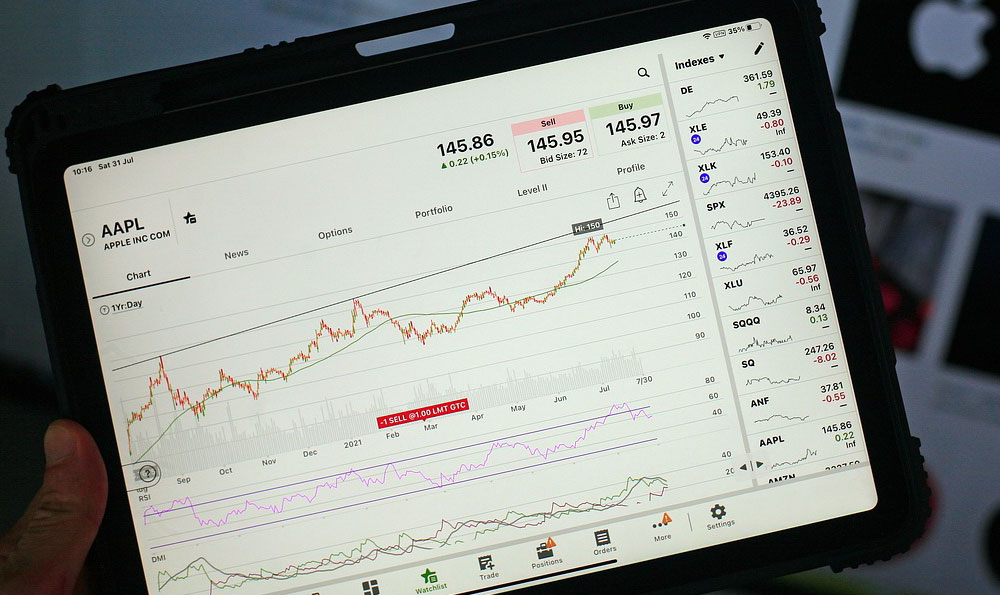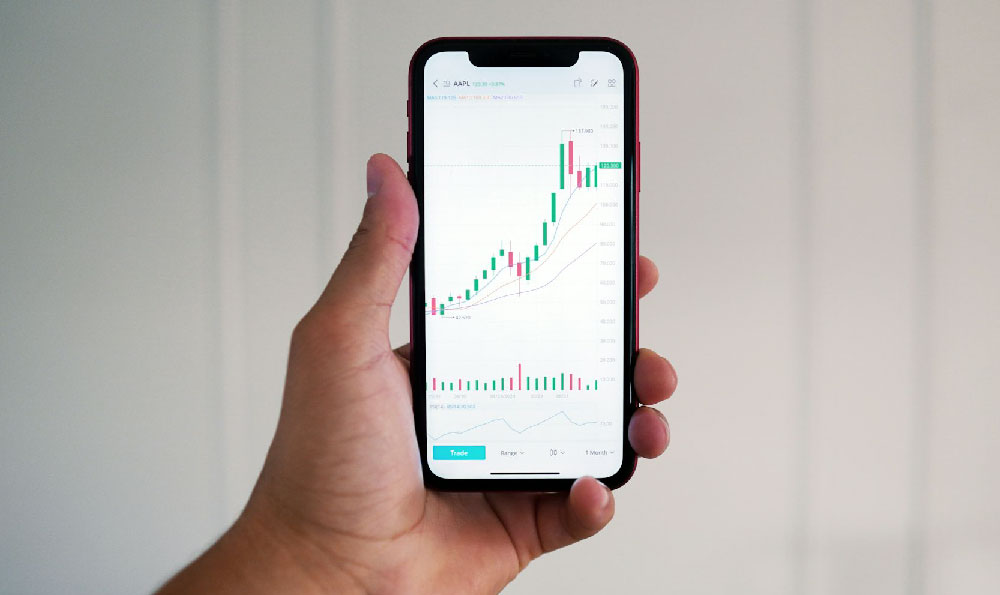The music industry, a vibrant ecosystem of creativity and commerce, presents a complex web of revenue streams and expenses for musicians. Understanding how musicians earn, and crucially, where that money goes, is essential for anyone aspiring to a sustainable career in music, as well as for fans wanting to appreciate the economic realities behind their favorite artists.
One of the most traditional revenue streams for musicians is music sales. While physical album sales have declined significantly with the rise of digital music, they still contribute, particularly for established artists and those who cultivate a dedicated fanbase. Vinyl records, in particular, have seen a resurgence, appealing to collectors and audiophiles. More commonly, musicians earn from digital downloads through platforms like iTunes or Bandcamp, though the revenue per download is typically modest.
Streaming services like Spotify, Apple Music, and Amazon Music represent a major shift in music consumption and revenue generation. Musicians receive royalties based on the number of times their songs are streamed. However, the payout rates per stream are notoriously low, often fractions of a cent. Earning a substantial income solely from streaming requires an enormous volume of streams, which is achievable only for a small percentage of artists with widespread popularity. The economics of streaming have been a subject of much debate, with many musicians advocating for fairer compensation from these platforms. The issue is further complicated by differing royalty arrangements between record labels and streaming services, and the role of collective management organizations (CMOs) in collecting and distributing royalties.

Live performances are a significant source of income for many musicians, especially those who are still building their fanbase or operate independently of major record labels. Revenue from live shows can come from ticket sales, merchandise sales, and sometimes even food and beverage commissions at the venue. The profitability of live performances depends on factors such as the artist's popularity, the size of the venue, ticket prices, and the negotiated splits with promoters and venue owners. Touring can be physically and mentally demanding, requiring significant upfront investment in travel, accommodation, and equipment. However, it offers a direct connection with fans and the opportunity to create memorable experiences, which can translate into long-term loyalty and increased demand for an artist's music and merchandise.
Beyond these core revenue streams, musicians can diversify their income through various other avenues. Merchandise sales, including t-shirts, posters, and other branded items, can be a lucrative source of revenue, particularly at live shows. Synchronization licenses, which allow the use of music in films, television shows, commercials, and video games, can generate substantial royalties. Publishing royalties are earned when a song is used in any format, whether it's played on the radio, streamed online, or performed live. Musicians who write their own songs typically receive a share of the publishing royalties, while the publisher (often a record label or music publishing company) receives the other share. Some musicians also engage in songwriting for other artists, producing and engineering tracks for other musicians, or offering music lessons to students. These activities can provide a more stable and predictable income stream compared to the often-unpredictable nature of music sales and streaming royalties.
Now, where does all the money go? The expenses involved in being a musician are often overlooked but can be substantial. Recording an album, for instance, can involve studio time, hiring musicians, mixing, mastering, and production costs. Even with the advent of home recording technology, achieving a professional-quality sound often requires investing in equipment and expertise. Marketing and promotion are crucial for reaching a wider audience and building a fanbase. This can involve hiring a publicist, running advertising campaigns on social media, creating music videos, and attending industry events. Touring expenses, as mentioned earlier, can be significant, including travel, accommodation, equipment rental, and crew salaries.
A significant portion of a musician's income often goes to various intermediaries, including record labels, publishers, managers, and booking agents. Record labels typically take a significant percentage of music sales and streaming royalties in exchange for providing funding for recording, marketing, and distribution. Publishers control the copyright to a musician's songs and collect royalties on their behalf, taking a share of the revenue in return. Managers help musicians navigate the complexities of the music industry, negotiate contracts, and manage their careers, typically earning a commission on the artist's income. Booking agents arrange live performances, taking a percentage of the ticket sales. These intermediaries play essential roles in supporting musicians, but it's important for artists to understand the terms of their agreements and negotiate fair compensation.
Finally, musicians, like all self-employed individuals, have to pay taxes on their income. This can include income tax, self-employment tax, and potentially other taxes depending on their location and business structure. It's essential for musicians to keep accurate records of their income and expenses to ensure they are paying the correct amount of tax and claiming all eligible deductions. Many musicians hire accountants or financial advisors to help them manage their finances and navigate the complexities of the tax system.
In conclusion, the financial landscape for musicians is multifaceted and constantly evolving. While opportunities for earning revenue exist across various channels, the costs associated with creating, promoting, and distributing music can be substantial. Understanding the intricacies of the music industry, diversifying income streams, and managing finances effectively are crucial for musicians to achieve long-term success and sustainability in their careers. Furthermore, a deeper public awareness of the economic challenges faced by musicians is important for fostering a supportive environment that values artistic creation and fair compensation.












